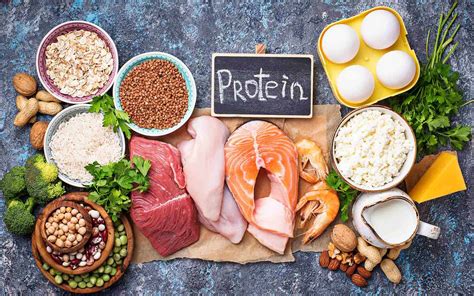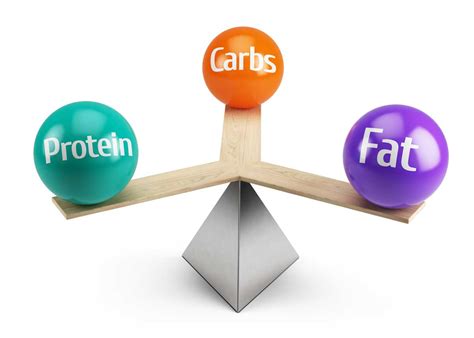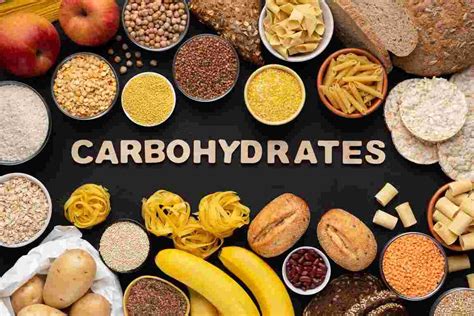Which macronutrient is the primary source of immediate energy for the body?

Understanding the Body’s Energy Fuel
The human body is an incredible machine, constantly requiring energy to perform its myriad functions, from the blink of an eye to the most strenuous physical activity. This energy comes from the food we eat, specifically from three major macronutrients: carbohydrates, fats, and proteins. But when it comes to quick, readily available fuel, one of these stands out above the rest.
Carbohydrates: The Body’s Preferred Immediate Fuel
Without a doubt, carbohydrates are the primary source of immediate energy for the body. When we consume carbohydrates, our digestive system breaks them down into glucose, a simple sugar. This glucose is then absorbed into the bloodstream, where it serves as the most accessible form of fuel for all cells, especially the brain and muscles.

Excess glucose that isn’t immediately used is converted into glycogen and stored in the liver and muscles. These glycogen stores act as a quick-release energy reserve, ready to be converted back into glucose when needed, such as during intense exercise or between meals.
Fats: Long-Term Energy Storage
While carbohydrates are king for immediate energy, fats play a crucial role as a concentrated source of long-term energy. Gram for gram, fats provide more than double the energy of carbohydrates or proteins. However, the process of breaking down fat into usable energy (fatty acids and glycerol) is slower and more complex, making it less suitable for sudden, high-intensity demands.

Fats are vital for many bodily functions, including hormone production, vitamin absorption, and protecting organs, but they are typically tapped into for energy during prolonged activities or when carbohydrate stores are low.
Proteins: Building Blocks, Not Primary Fuel
Proteins are primarily known as the building blocks of the body, essential for repairing tissues, making enzymes and hormones, and supporting immune function. While protein can be used for energy, it is generally considered a last resort. The body will only significantly turn to protein for fuel when carbohydrate and fat stores are depleted, a process that is less efficient and can compromise its crucial structural and functional roles.

Optimizing Energy Through Macronutrient Balance
Understanding the distinct roles of each macronutrient is key to optimizing energy levels and overall health. For immediate energy needs, especially for brain function and muscle performance, a consistent supply of carbohydrates is paramount. This doesn’t mean all carbs are equal; complex carbohydrates (like whole grains, fruits, and vegetables) provide a more sustained release of glucose compared to simple sugars, preventing energy crashes.

A balanced diet that includes adequate amounts of all three macronutrients ensures the body has access to immediate fuel, long-term reserves, and the essential components for repair and growth.
The Verdict: Carbohydrates Power Immediate Action
In conclusion, when your body needs a quick burst of energy to think, move, or react, it turns primarily to carbohydrates. These vital nutrients are efficiently broken down into glucose, providing the rapid fuel necessary for all physiological processes. While fats offer concentrated long-term energy and proteins are essential for structure and repair, carbohydrates are the undisputed champions for immediate energy demands.









